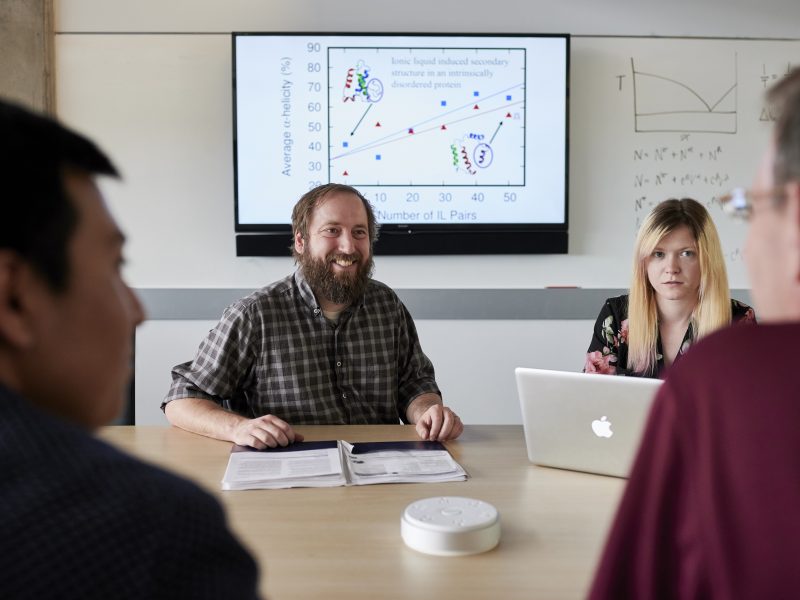Micro-credential FAQs
What is the academic rigor of a micro-credential?
Micro-credentials go through the same academic process as all other degree programs at NAU.

Micro-credentials go through the same academic process as all other degree programs at NAU.